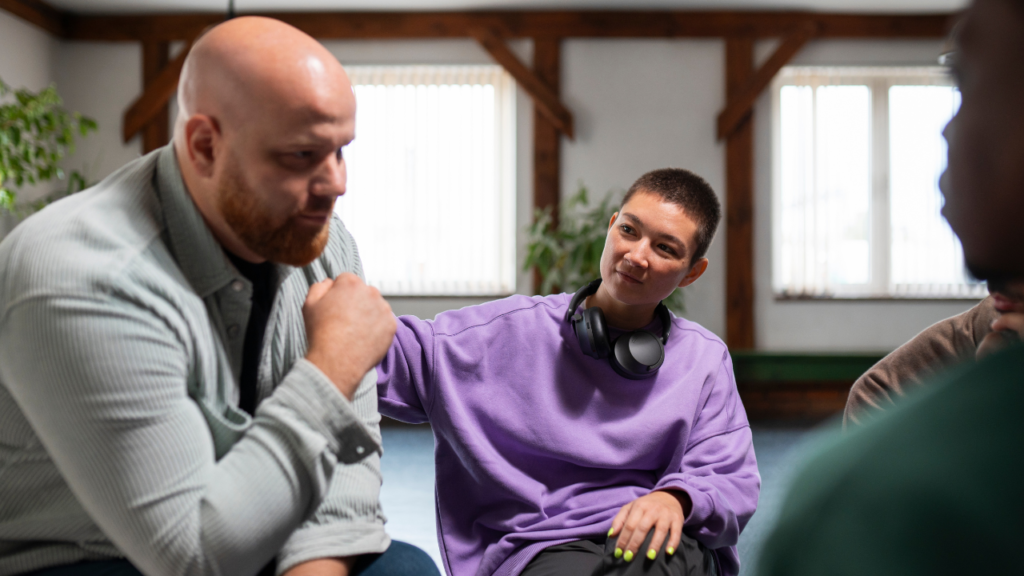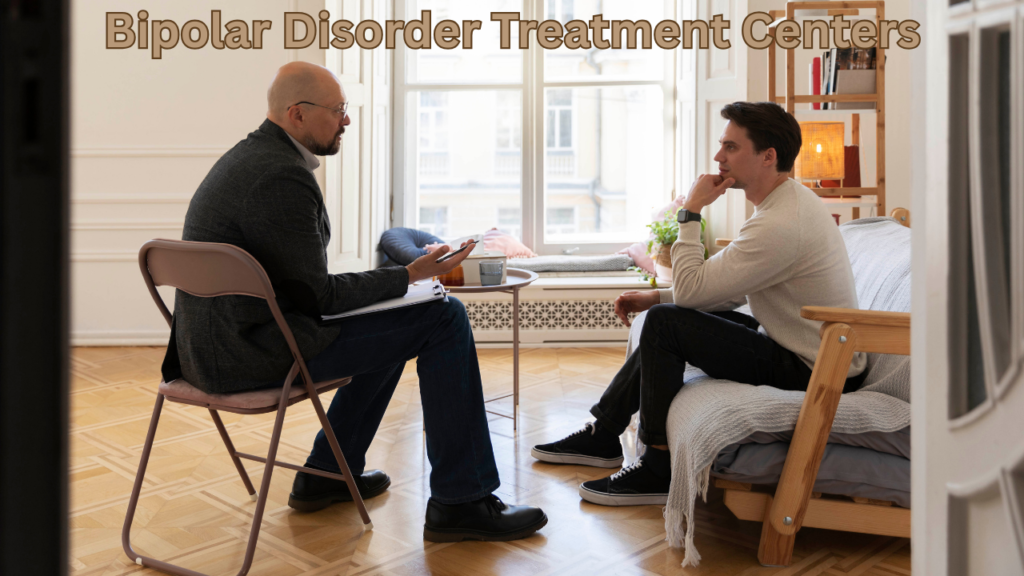Living with bipolar disorder can be challenging, but bipolar disorder treatment centers provide specialized care to help individuals manage their symptoms and achieve stability. These centers offer comprehensive treatment programs tailored to meet the unique needs of each patient, combining therapy, medication management, and lifestyle support. If you or a loved one is struggling with bipolar disorder, understanding the role of these centers can be the first step toward lasting recovery.
Table of Contents
ToggleWhat Are Bipolar Disorder Treatment Centers?

Bipolar disorder treatment centers are specialized facilities that focus on diagnosing, treating, and supporting individuals with bipolar disorder. Unlike general mental health clinics, these centers provide targeted therapies designed to address the extreme mood swings—mania, hypomania, and depression—that characterize the condition. Treatment often includes a combination of:
Psychiatric care (medication management)
Psychotherapy (CBT, DBT, family therapy)
Lifestyle and wellness programs (nutrition, exercise, sleep hygiene)
Support groups (peer-led or therapist-guided)
By offering structured, evidence-based care, bipolar disorder treatment centers help patients regain control of their lives.
Why Choose a Specialized Treatment Center?

Managing bipolar disorder demands a nuanced plan that addresses each person’s unique challenges. General mental health services may not always provide the depth of care needed, but bipolar disorder treatment centers are equipped with professionals experienced in managing the condition. Benefits include:
Personalized Treatment Plans – Each patient receives a customized approach based on their symptoms, medical history, and lifestyle.
24/7 Medical Supervision – For severe cases, inpatient centers provide round-the-clock care to ensure safety during manic or depressive episodes.
Holistic Therapies – Many centers integrate mindfulness, art therapy, and yoga to support emotional regulation.
Aftercare Support – Recovery doesn’t end after discharge; many centers offer follow-up programs to prevent relapse.
Types of Bipolar Disorder Treatment Centers

1. Inpatient Treatment Centers
For those facing acute manic or depressive episodes, inpatient treatment offers a structured and secure setting. These programs typically last 30-90 days and include intensive therapy and medication stabilization.
2. Outpatient Programs
Outpatient bipolar disorder treatment centers allow patients to receive therapy while maintaining daily responsibilities. Options include:
Partial Hospitalization Programs (PHP) – Day-long treatment with structured therapy sessions.
Intensive Outpatient Programs (IOP) – Fewer hours per week, offering flexibility.
3. Residential Treatment Centers
These long-term facilities (3-12 months) focus on stability through therapy, life skills training, and community support. Ideal for those needing extended care.
How to Choose the Right Bipolar Disorder Treatment Center

Selecting the best bipolar disorder treatment center depends on several factors:
Accreditation & Licensing – Ensure the facility meets healthcare standards.
Treatment Approaches – Look for evidence-based therapies (CBT, medication management).
Staff Expertise – Psychiatrists, therapists, and support staff should have bipolar disorder experience.
Insurance & Cost – Verify if the center accepts your insurance or offers payment plans.
Patient Experiences – Firsthand accounts can shed light on the effectiveness and quality of care.
The Role of Therapy in Bipolar Disorder Treatment

While medication helps stabilize mood swings, therapy is crucial for long-term recovery. Common approaches in bipolar disorder treatment centers include:
Cognitive Behavioral Therapy (CBT) – Helps patients identify and change negative thought patterns.
Dialectical Behavior Therapy (DBT) – Emphasizes building skills for managing emotions and coping with stress.
Family Therapy – Educates loved ones on supporting the patient’s recovery.
The Importance of Aftercare
Recovery from bipolar disorder is an ongoing process. Many bipolar disorder treatment centers provide aftercare programs, such as:
Continued therapy sessions
Support groups
Relapse prevention planning
Staying engaged in aftercare reduces the risk of recurrence and promotes long-term wellness.
Final Thoughts

If you or someone you love is battling bipolar disorder, seeking help from specialized bipolar disorder treatment centers can make a significant difference. These facilities offer the expertise, structure, and support needed to manage symptoms and improve quality of life. With the right program and a strong commitment, healing is not only possible—it’s entirely attainable.

